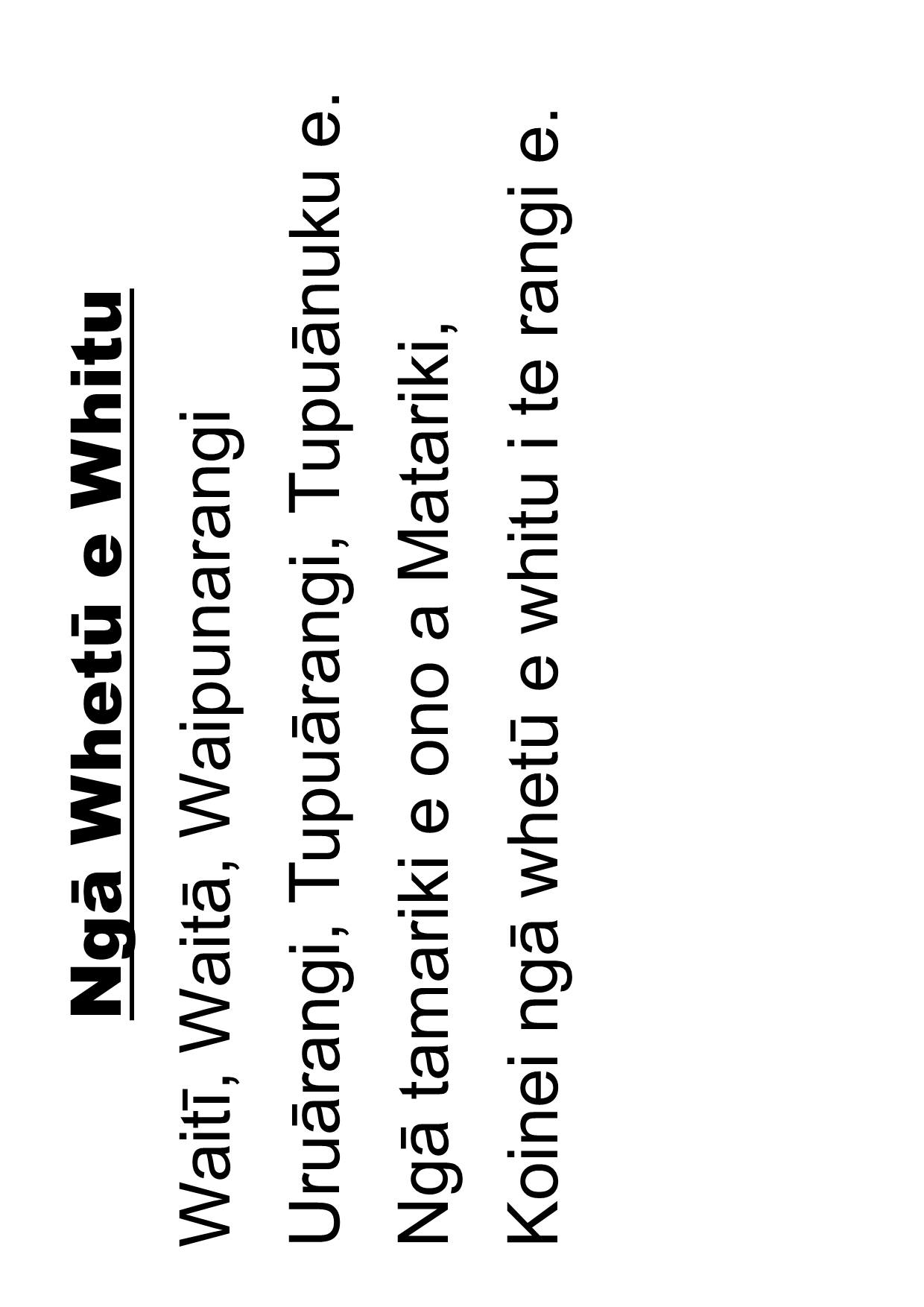Matariki was celebrated as a public holiday for the first time in 2023, and in 2024, I heard three independent groups of children singing a Matariki song to the tune of “The Macarena”. In some cases, they were singing it voluntarily, outside of class, and with actions.
It’s not widely known that “The Macarena” is a song (and dance) about cheating on one’s boyfriend. There’s an English version that features in the children’s party game Just Dance, and there are readily available translations of the original Spanish version, all perfectly explicit. And the kids love it in all languages.
What is Matariki about? There is some diversity of opinion here, as is typical. The timing has to do with the Pleiades star cluster, though some say there are nine named stars in the cluster rather than seven. Themes of the season include mid-winter, looking back on the year past and to the year ahead, and thinking about the family members we’ve lost and those we still have.
Themes of the season do not include celebrating cheating.
Pivoting now from the human temptation to further describe the thing that one does not like, to the human business of creating something: Ngā Whetū e Whitu (The Seven Stars) was mostly written in 2019. I have recently re-worked it in the hopes of making it more accessible to anyone looking for a seasonal piece of music for any group of children.
This 2-minute video demonstrates the song in a high key and in a low key.
The image below can be printed as a resource:
Score and parts in Em for junior instrumentalists and/or 3-part choir available on request.
Printable text:
An English version of the folk tune is available here. https://www.bethsnotesplus.com/2017/10/little-birch-tree.html The content is a beautiful and not entirely irrelevant story about man’s relationship with nature.





